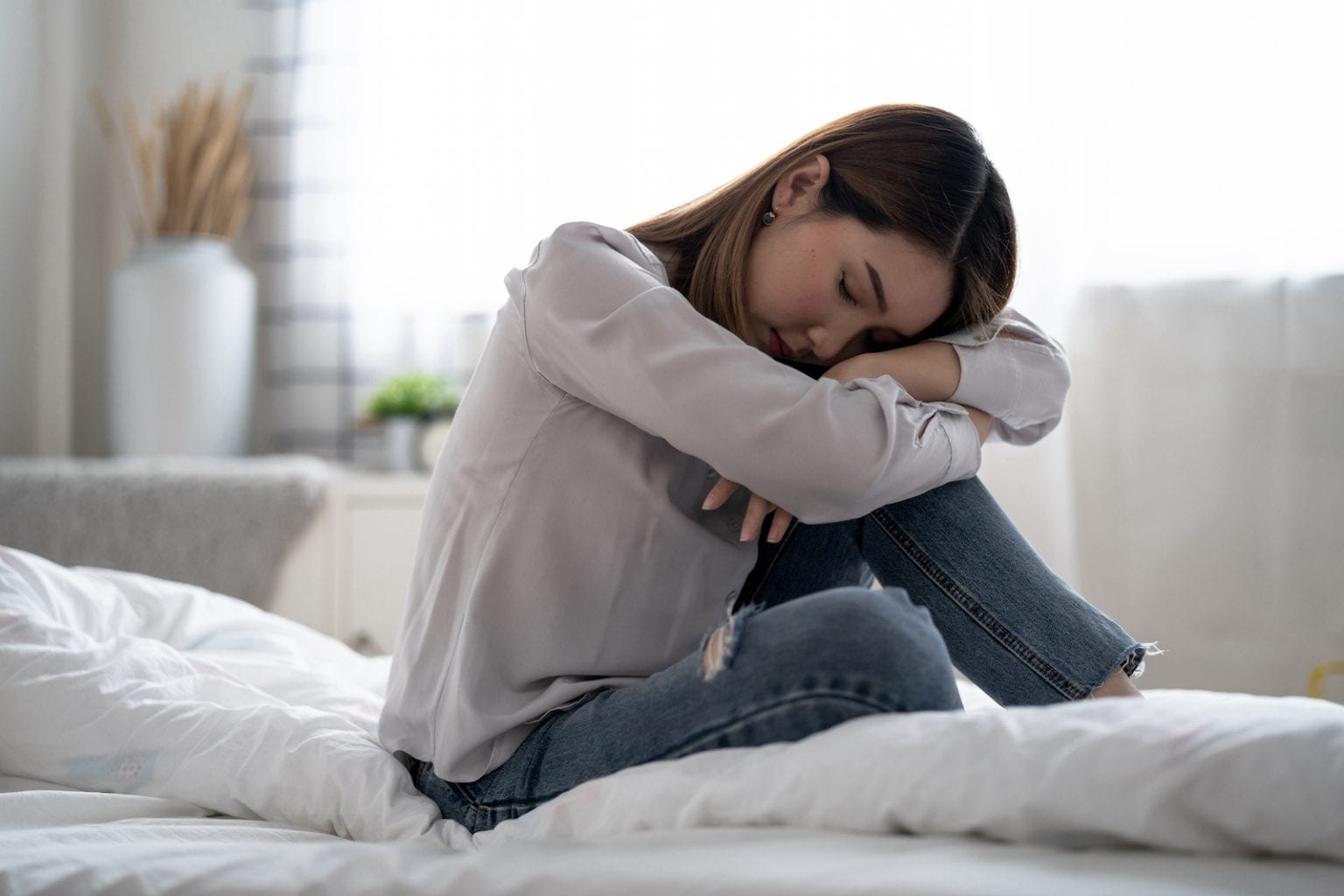The Best Guide To Insomnia - My Health Alberta

The 9-Second Trick For Insomnia Overview: Epidemiology, Pathophysiology
Your supplier will also evaluate your case history and medications you are requiring to see if they may be impacting your capability to sleep. You might also: Your medical professional may desire you do a blood test to dismiss particular medical conditions such as thyroid problems or low iron levels that can adversely impact sleep.
Sleep research studies (polysomnograms) are not needed for diagnosing insomnia. If This Piece Covers It Well has concerns that your sleeping disorders may be triggered by sleep apnea or another sleep condition, you might be referred. You may go to a sleep disorders center or do the research study at home. Management and Treatment What are the complications of insomnia? In time, lack of sleep or bad quality sleep can adversely affect your physical and mental health.

The Book of Sleep: 75 Strategies to Relieve Insomnia - Kindle edition by Moshfegh, DrNicoleHealth, Fitness & Dieting Kindle eBooks @ Amazon.com.
For chronic sleeping disorders, your health care company may suggest: CBT-I is a brief, structured intervention for sleeping disorders that helps you determine and change ideas and habits that trigger or aggravate sleep issues with practices that promote sound sleep. Unlike sleeping tablets, CBT-I assists you overcome the underlying causes of your sleep problems.


Insomnia Causes
Rumored Buzz on Insomnia - GoodTherapy
Sometimes, though, taking sleeping pills for a short time can help you sleep. Physicians suggest taking sleep medications just from time to time or just for a brief time. They are not the very first choice for dealing with persistent insomnia. Can melatonin assist me sleep? Your body produces a hormone called melatonin that promotes sleep.
However there's no proof that these supplements work. Due To The Fact That the U.S. Fda (FDA) does not regulate supplements the like medications, you must speak with your health care service provider before taking one. Prevention How can I prevent sleeping disorders? Way of life modifications and enhancements to your bedtime routine and bed room setup can frequently help you sleep better: Prevent big meals, caffeine and alcohol prior to bed.
Cut down on caffeine, including coffee, sodas and chocolate, throughout the day and especially during the night. Go to bed and get up at the very same time each day, including weekends. Put away mobile phones, TVs, laptop computers or other screens a minimum of 30 minutes prior to bedtime. Stopped cigarette smoking. Turn your bedroom into a dark, quiet, cool sanctuary.
